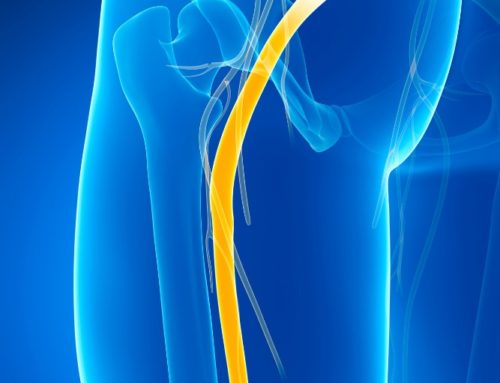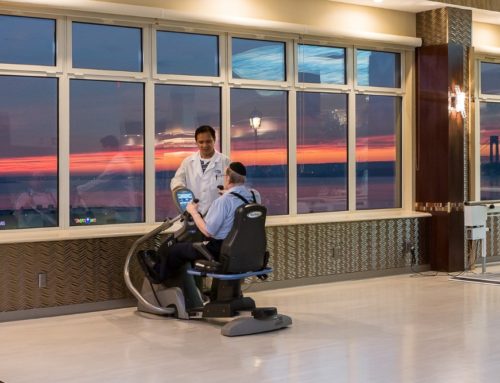Have months passed since your surgery and you’re still experiencing pain and fatigue? It could be that you’re suffering from post-surgical syndrome. Aside from these physical symptoms, it can also affect your emotional well-being and cause you to feel depressed.
The chances that you develop prolonged surgery side effects though, can be reduced. Medical treatment doesn’t end after surgery and post-operative therapy plays a crucial role in the recovery process. It’s key that you take your physical therapy seriously so that you can regain your energy and muscle strength as soon as possible. The therapy will also help with pain relief.

What Can Cause Post-surgical Syndrome?
The hard truth is that, in some cases, the symptoms may persist for months. To decrease the chances of that happening, here are three mistakes that recovering patients commonly make. Along with your doctor’s instructions, avoid making the following mistakes:
1. Staying in bed for too long
Resting and sleeping are good. However, these two activities restrict mobility which can lead to serious health threats like pulmonary embolisms and blood clots. It’s also linked to other less serious issues like weakened muscles and bedsores (pressure ulcers). While bedsores aren’t an immediate threat, they can become infected which can be life-threatening.
It might sound counterintuitive, but get mobile as soon as you’re given the green light to do so. Not only will it prevent these types of health concerns linked to post-surgical syndrome, but it will also offer other health benefits like improved digestion.
2. Too much too soon
It’s important to start moving as soon as possible, but only once a medical professional has cleared you. Also, don’t mistake being told to move around for returning to the office.
In the same breath, if your job is of such a nature that you can work remotely and it requires minimal movement, it doesn’t necessarily mean that it’s a good idea. Remember that your decision-making skills can be impacted by the medication.
This also applies to other activities like driving and household chores that require heavy lifting. Aside from potentially slowing down the recovery process after your surgery, it can lead to other accidents that could land you back in the hospital.
3. Avoiding therapy and exercises
Along with prescribed medication, your doctor will most likely instruct you to do some exercises. Avoiding the exercises can certainly be bad for your health and can easily lead to developing post-surgical syndrome.
Physical therapy can be unpleasant, but it’s a crucial part of the recovery process, especially if it was a major operation or you are an elderly. In addition to keeping your recovery process on track, other benefits of physical therapy include reducing the development of scar tissue and the chance that you’ll develop complications which could send you back to the operating room.
Depending on your type of surgery, you might also be given breathing exercises to help you prevent developing post-surgical syndrome. These might sound silly, but it will help to clear up mucus and let your lungs expand. After all, sometimes the best advice is simple to take a deep breath.
This content comprises informative and educational resources only and can not be considered as a substitute for professional health or medical guidance. Reliance on any information provided in this article is solely at your own risk. If you have any inquiries or apprehensions about your medical condition or health goals, talk with a licensed physician or healthcare provider.






Leave A Comment